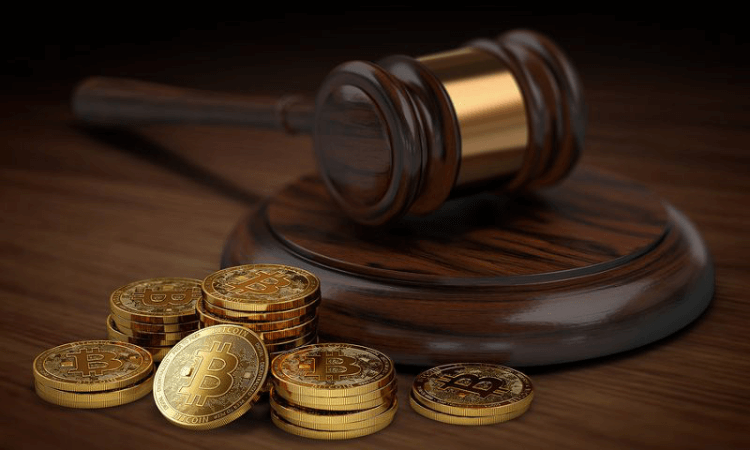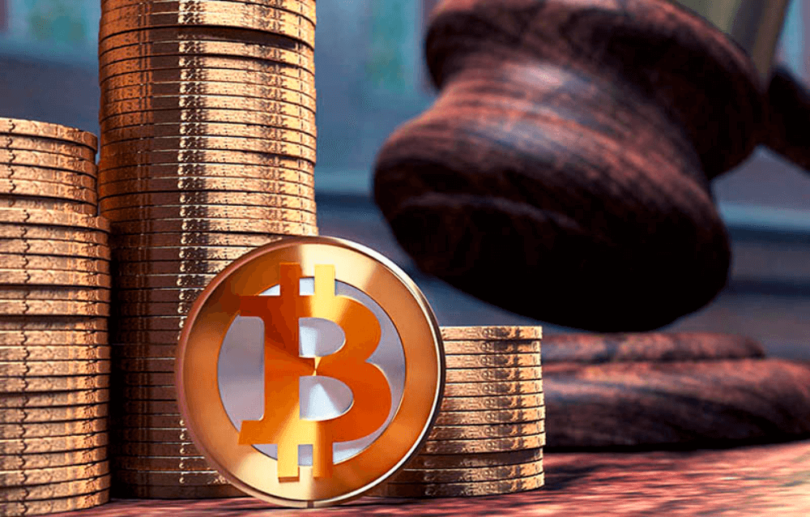Factually, Bitcoin is not recognized as a standard payment method around the world. So, the crypto coin has an advantage. Because transactions are not processed with real-money, there is no need to get bank approvals to complete transactions.
Although Bitcoin, by any means, cannot be regarded as currencies but can incorporate into online casinos as a casino currency.
As aforementioned, Bitcoin is not regulated by any regulatory authority. Currently, legislative decisions are yet not discussed. Hence, Bitcoin has a lot of room for different speculations.
However, online gambling sites usually come across trouble about providing their clients with the opportunity to use cryptocurrencies as a payment method.
Despite this, the casino operators can effortlessly provide Bitcoin as a payment method without violating the laws. The Bitcoin casinos do not have to follow and hard and fast requirements of licensing, although they have to fulfill specific guidelines, some of them are mentioned below:
Is Bitcoin Legal for the Gamblers?
Bitcoin is not legal and is neither banned as a payment method for online casinos.
Many government authorities still do not count Bitcoin as a real currency. However, numerous sources are beginning to understand the importance of Bitcoin and its benefits.
Authorities of some countries that are popular for forcing strict rules towards online gambling are making efforts to prevent gamblers from Bitcoin gambling. However, there is no single evidence in terms of legislation regarding the matter.

Surprisingly, the famous Bitcoin offers complete anonymity to the gamblers. Thanks to the feature, no authority can determine whether the player is gambling from a jurisdiction that prohibits online casinos.
Some top-notch gambling jurisdictions like the Isle of Man and Curacao have already legalized Bitcoin as a payment method in online casinos.
When a licensing authority issues a license, it takes responsibility to keep a check of the casinos working. It has provided a grant. In this regard, all the casinos that accept Bitcoin payments and abide by all the regulations set by their gambling jurisdiction, by definition, are legal.
Is it Important for a Bitcoin Casino to Get a Gambling License?
It is a must for online casinos to apply for a gambling license because this way, the websites will operate and process payments legally.
Also, payments via Bitcoin eliminate the need to partner with third parties (banks). The deposit/withdrawal amount is directly transferred from the player to the casino’s wallet. In short, casinos don’t need to show a gambling license.
The Bitcoin users must ensure that they sign up for an online casino that is reputable and has been through a proper audit from an independent testing agency. So, any casino having a license from a top-level jurisdiction is a powerful marketing tool. Moreover, the players feel more confident in registering and depositing funds in such casinos.
As there is no proper legislative framework that outlines Bitcoin’s guidelines, it must be assumed that gambling with Bitcoin is just like gambling with other currencies accepted by governments. Thereby, if your gambling site allows your local currency, then Bitcoin deposits will not be illegal as well.
Is Bitcoin Gambling on Online Casinos Prosecuted?
Mostly, individual gamblers are not prosecuted for depositing money via Bitcoin. However, regulating authorities wish to stop operators from accepting Bitcoin deposits/withdrawals. Therefore, they usually conduct crackdowns on the websites instead of fining the gamblers.
Nonetheless, some authorities that have the right to offer gambling services on an international scale claim that they are not permitted to abide by every country’s rules. They have servers, but only to laws designed by the authorities; they have licenses.










